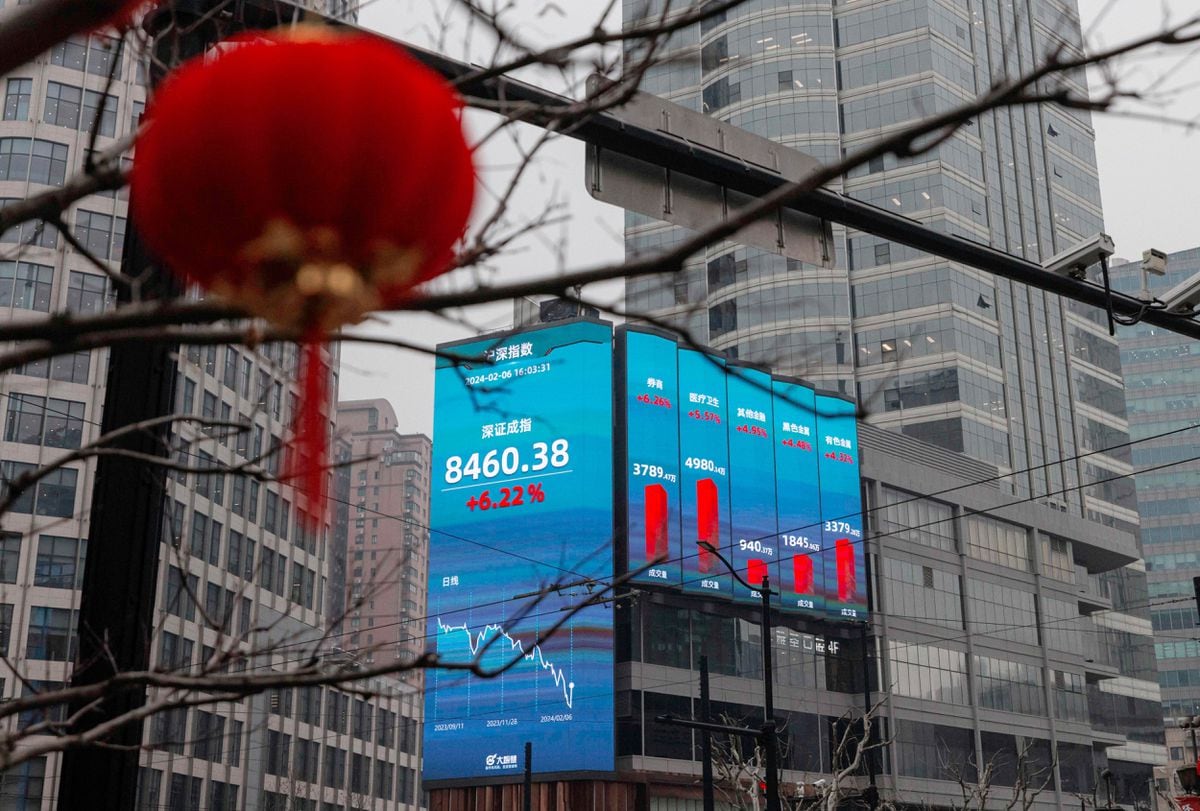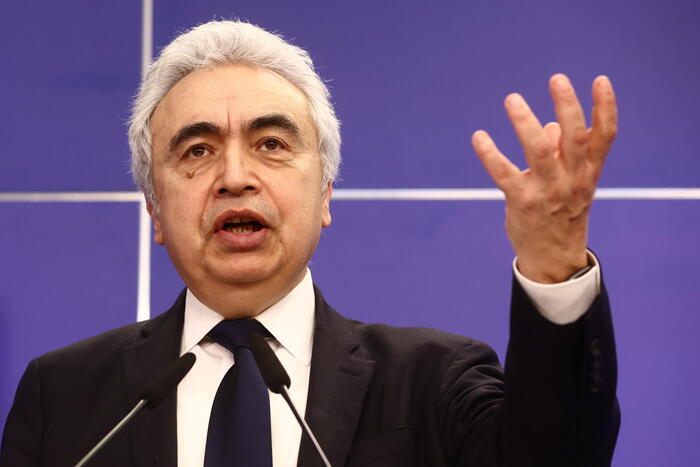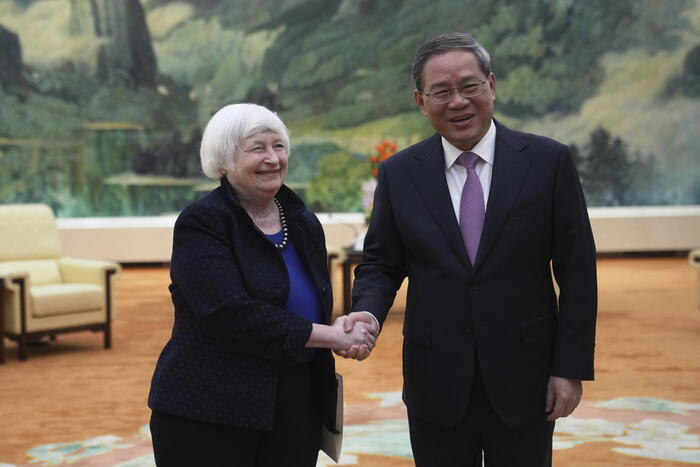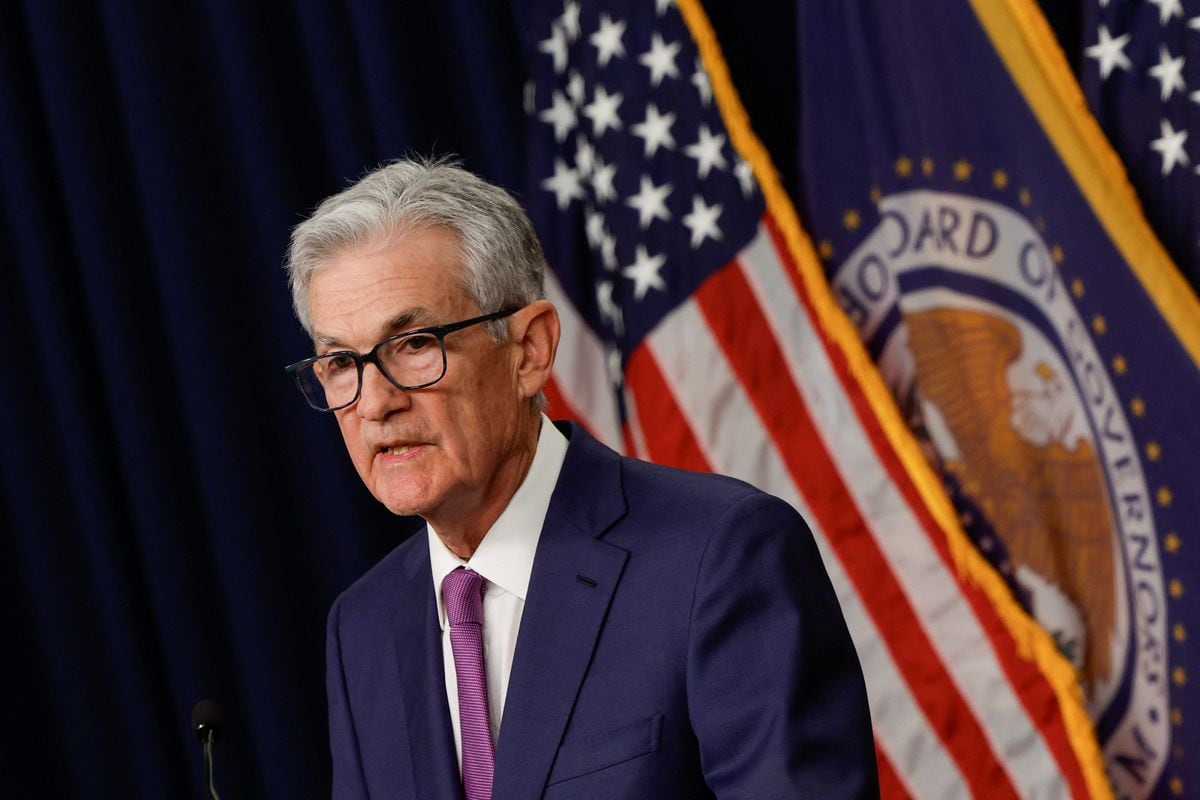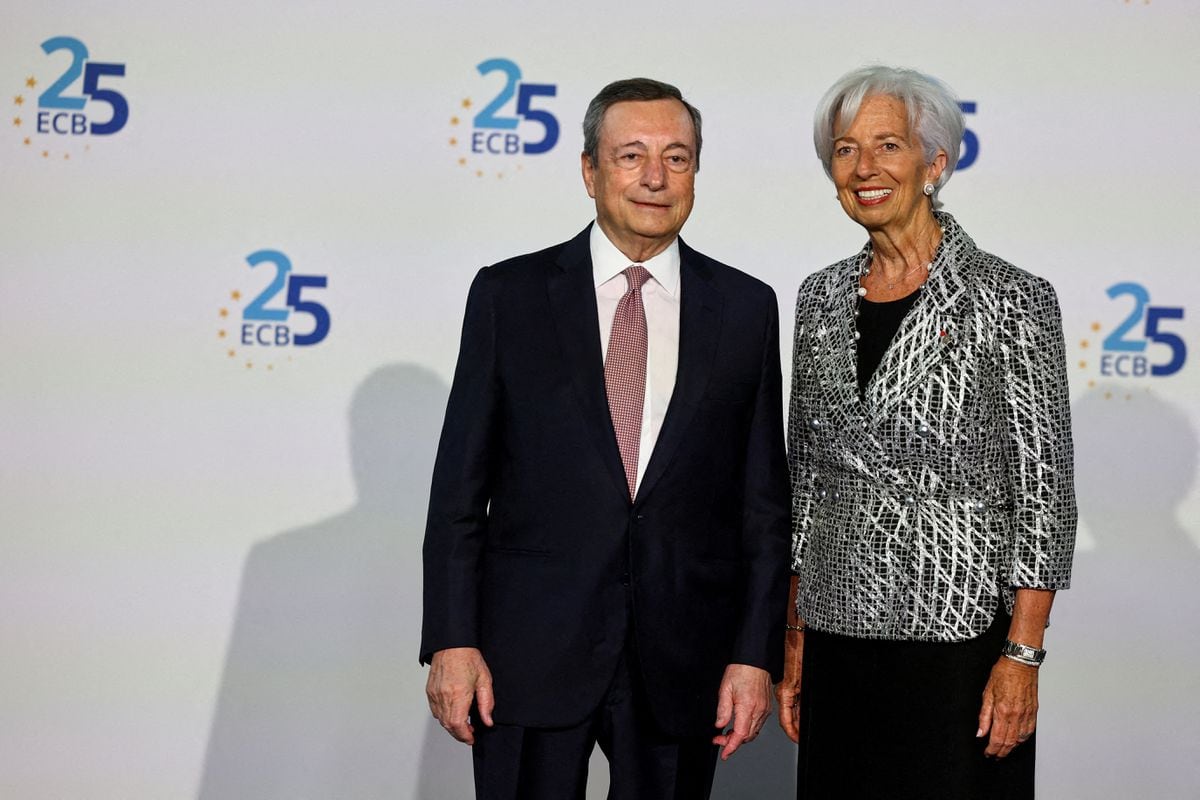From an economic point of view, developing countries are suffering the effects of the pandemic like few others.
The global financial system, however, points in a very different direction.
In November, investors bet $ 76.5 billion in emerging markets, 225% more than the previous month, driven by optimism about the advances in the Coronavirus vaccine and the end of the electoral contest in the United States.
Such an amount had not been recorded in six years, according to the Institute of International Finance (IIF).
This flood of investments is due in large part to the loose monetary policy that the US Federal Reserve has promised until at least 2023. That the Fed has ensured that its benchmark interest rate will be close to zero for several years ago that financial instruments in developed countries have very low returns.
Fund managers in these countries are therefore looking for profitable investments abroad and it is here that stocks and bonds of debt in emerging countries become so attractive.
Behind this optimism there are risks that governments, especially those in Latin America, should not underestimate, experts say.
Much of these capital flows are due to the debt bonds that governments and companies issued during a period of very severe economic contraction.
The pandemic threatens to disappear 8.1% of gross domestic product in Latin America this year and in 2021 the recovery will be only 3.6%.
If governments do not manage and invest their resources well, the debt they contracted in this period will weigh against economic growth in the immediate future.
"Recent headlines about possible vaccines, combined with the resolution of uncertainty regarding the US elections, have greatly benefited capital flows," wrote IIF economist Jonathan Fortun in his report published this week.
"The capital exodus from emerging markets is now firmly in the rearview mirror and robust inflows appear poised to continue," the expert predicted.
David Lubin, Citi's chief emerging markets economist in London, points to another record high: From January to November, emerging countries issued $ 730 billion in dollar debt bonds, a 12% increase compared to the last year.
At the same time, foreign investors are less and less interested in local debt - that is, issued in the country's currency.
This is a worrying trend, Lubin points out, because countries have no control over the appreciation of the dollar.
If the dollar becomes more expensive, it becomes more difficult to meet your debt obligations.
“Behind this optimism is a more troubling story about the legacy of this crisis,” says Lubin, “in terms of the risk profile of developing countries, in terms of future growth rates of developing countries, and in terms of of their ability to finance themselves in their own currencies ”.
In the memory of Wall Street are the most recent boom years in Latin America, between 2001 and 2012, when China's demand for raw materials boosted the economic growth of many countries in the region at spectacular rates that varied between 3 and 6 annual percent.
But the moment today is different, says Lubin.
"That commodity boom was something that happens once every 200 years, in the sense that the 2001-2012 boom was the longest and largest rise in real commodity prices in 200 years," he says. the expert.
"If someone thinks that the growth rates that Brazil, Ecuador or Chile were able to enjoy during that period are normal, they are crazy."
Undoubtedly these capital flows now entering developing countries can be well managed and re-invested to generate economic growth, says Lubin.
But the results will take time to materialize, since the growth that is forecast for the region remains weak even with the advances in the vaccine for the Coronavirus and, meanwhile, the weight of the sovereign debt issued by the governments, will accumulate.
“There is this big problem,” says the economist, “firstly, the fact that this increase in public debt in emerging economies could end up by encouraging future growth rates, and, secondly, that the increase in public debt leads to a deterioration of the country's risk profile ”.
There is also the risk of what economists call a 'Ricardian equivalence', which is that investors will become less willing to invest in a country for fear that the government in that country will raise taxes to pay its public debt - hindering growth. economic.
It is here when the problem arises that the high levels of debt end up generating incentives against companies investing in new plants, equipment and more jobs ”.
“Weak growth tends to increase a country's public debt.
However, causality also works in the other direction ”, explains Lubin,“ in other words, an increase in debt can have the effect of slowing down growth and that is particularly true in emerging economies ”.

/cloudfront-eu-central-1.images.arcpublishing.com/prisa/YAXCVVWTDBA25OY6QE4G7ROMKM.jpg)


